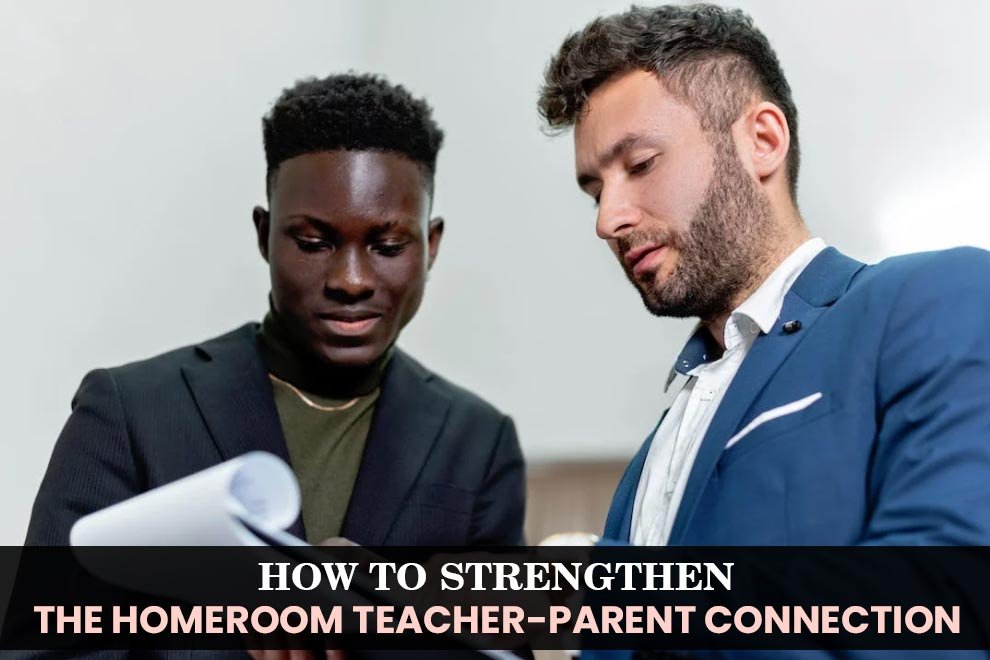Aside from drafting lesson plans and preparing materials to be used in class, teachers also function as the bridge between students and their parents. It’s a responsibility that homeroom teachers shouldn’t set aside. An optimal learning environment is impossible to achieve if there’s a lack of cooperation between the two.
It also happens to be a major challenge homeroom teachers struggle with, especially those who are new to the profession. Solving problems that affect student performance and discussing new campus policies are made more complicated by the fact that these parents come from different backgrounds. It pays to foster good relationships with parents regardless of these challenges, so here’s a simple walkthrough to help you form strong bonds.
1. Strike a balance between being a friend and being a professional
Your goal as the homeroom teacher is to build rapport with parents. This is crucial as you would want to avoid potential conflicts when things get complicated. However, you still need to adhere to professional standards knowing that you have ethical responsibilities.
It’s okay to befriend parents but this aspect of your relationship shouldn’t overshadow the need to be fair and have a sense of integrity. Consider every situation you’re in and act accordingly. If a parent asks for recommendations on where to buy elementary school cap and gown, list a few but avoid doing any favors that are outside your professional capacity.
2. Avoid sweeping problems under the rug
If a student performs poorly in certain areas or damages school property, you must communicate these problems to the concerned parents. Before taking any disciplinary action, the parents should be informed about what happened so they can delve further into the factors that led to it.
That way, you will be able to come up with solutions that will prevent more complicated situations from arising. If you suspect bullying (which could be a major infraction in your school), reach out directly to the parents and get their aid in solving the problem.
3. Provide feedback and support
Parents are always eager to know how their children are doing in school and it’s your job to provide an objective assessment of their performance. With this in mind, make sure to document students’ attendance and check their scores in each subject. If they are falling behind, meet with the parents and show their child’s standing.
You still need to give feedback whenever a student does well in one area. If you see that they have artistic potential, show the parents the drawings and illustrations the child has done in class and encourage the parents to hone this talent.
4. Keep a cool Head
It’s not unusual for parent-teacher meetings to get heated. If you’re new to the profession be prepared to deal with dads and moms who are nothing short of emotional and aggressive.
No matter what happens, you must learn how to keep cool and navigate a difficult conversation. Again, it’s always important to approach a problem professionally. Always look for a compromise or, if that’s not possible, stand your ground when you think you’re in the right.
Endnote
To be a good homeroom teacher, it matters to have strong connections with parents. After all, for education to work for any child, collaboration plays a crucial part in the process.










